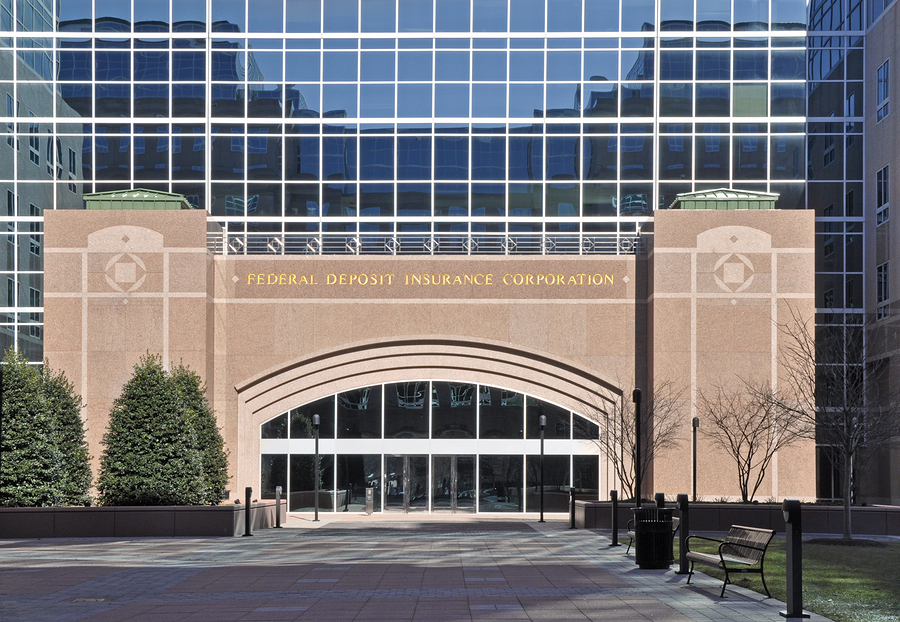View Sale Announcement Detail


Archived news


Garnet Capital Advisors 500
Mamaroneck Avenue, Harrison, NY 10528
(914) 909-1000
info@garnetcapital.comGarnet Capital Advisors 500
Mamaroneck Avenue, Harrison,
NY 10528
(914) 909-1000